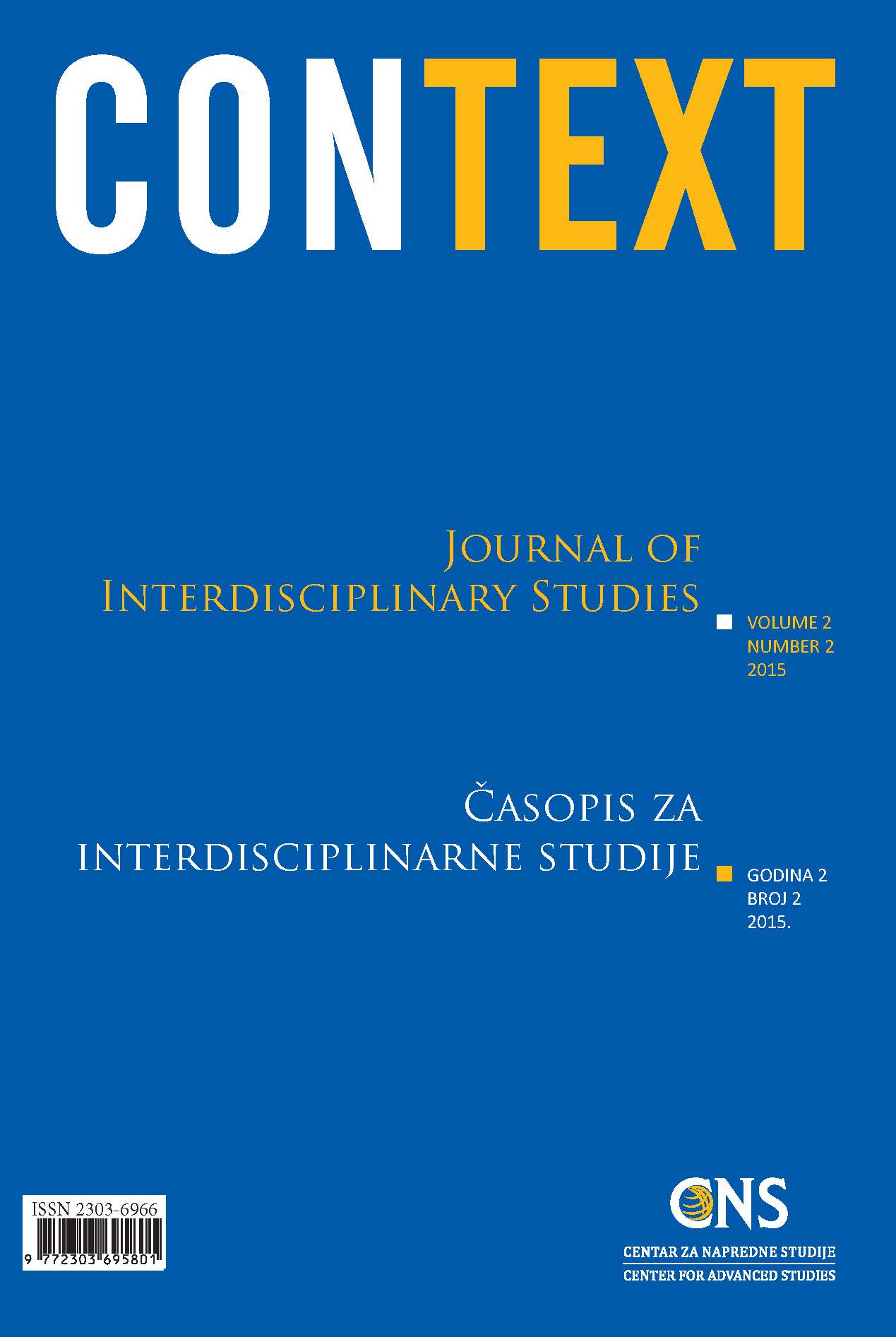How to read the Bible and the Qur’ān in Bosnia and Herzegovina
How to read the Bible and the Qur’ān in Bosnia and Herzegovina
Author(s): Almir FatićSubject(s): Christian Theology and Religion, Theology and Religion, Islam studies, Comparative Studies of Religion
Published by: Centar za napredne studije
Keywords: Bible; Qur’ān; Bosnia and Herzegovina; understanding; interpretation; religious pluralism; tolerance; ‘’difficult places’’ in the Bible and the Qur’ān; the method of contextual interpretation;
Summary/Abstract: The interpretation of sacred texts in general and of the Bible and the Qur’ān more particularly is likely to occupy the global public’s attention increasingly over coming years and decades. A number of events during the early 21st century has lent force to this contention,presaging yet another critical phase in the relationship between the world of the West and that of Islam. Responsible interpretation of the Bible and the Qur’ān can help prevent potential misunderstandings between these two worlds. Comparative study is a significant issue in this context, especially in areas, such as Bosnia, where the adherents of both books live together. As sacred texts, they share common elements, including a) their origin in the monotheistic tradition, b) their distribution and availability, c) authority, d)ambiguity, e) universality, f) and the presence of problematic or difficult places within them. The method of contextual understanding and interpretation is an essential tool, in the broadest sense of the word, for a proper understanding of the so-called difficult places in the Qur’an. We deploy hermeneutic instruments in such contextualization to enable this process, not least such hermeneutic disciplines as the “science of the occasions and circumstances of Revelation” (asbab al-nuzul), the “science of the Makkan and Medinan Revelation” (`ilm al-Makki wa al-Madani), the “science of the derogating and derogated verses” (`ilm al-nasik wa al-mansuk), the “science of Shariah law methodology” (usul alfiqh),within which the general aims and intentions of the Qur’an (maqasid al-Qur’an)and of Islamic law (maqasid al-shari`a) are explored, and the life and practice of the Messenger of Islam, p.b.u.h., (sunna) as a practical commentary on the Qur’ān. Contextual interpretation of the Qur’ān and the Bible is a practical contribution to peace and better understanding among people of different religious beliefs.
Journal: Context: časopis za interdisciplinarne studije
- Issue Year: 2/2015
- Issue No: 2
- Page Range: 23-32
- Page Count: 10
- Language: English

